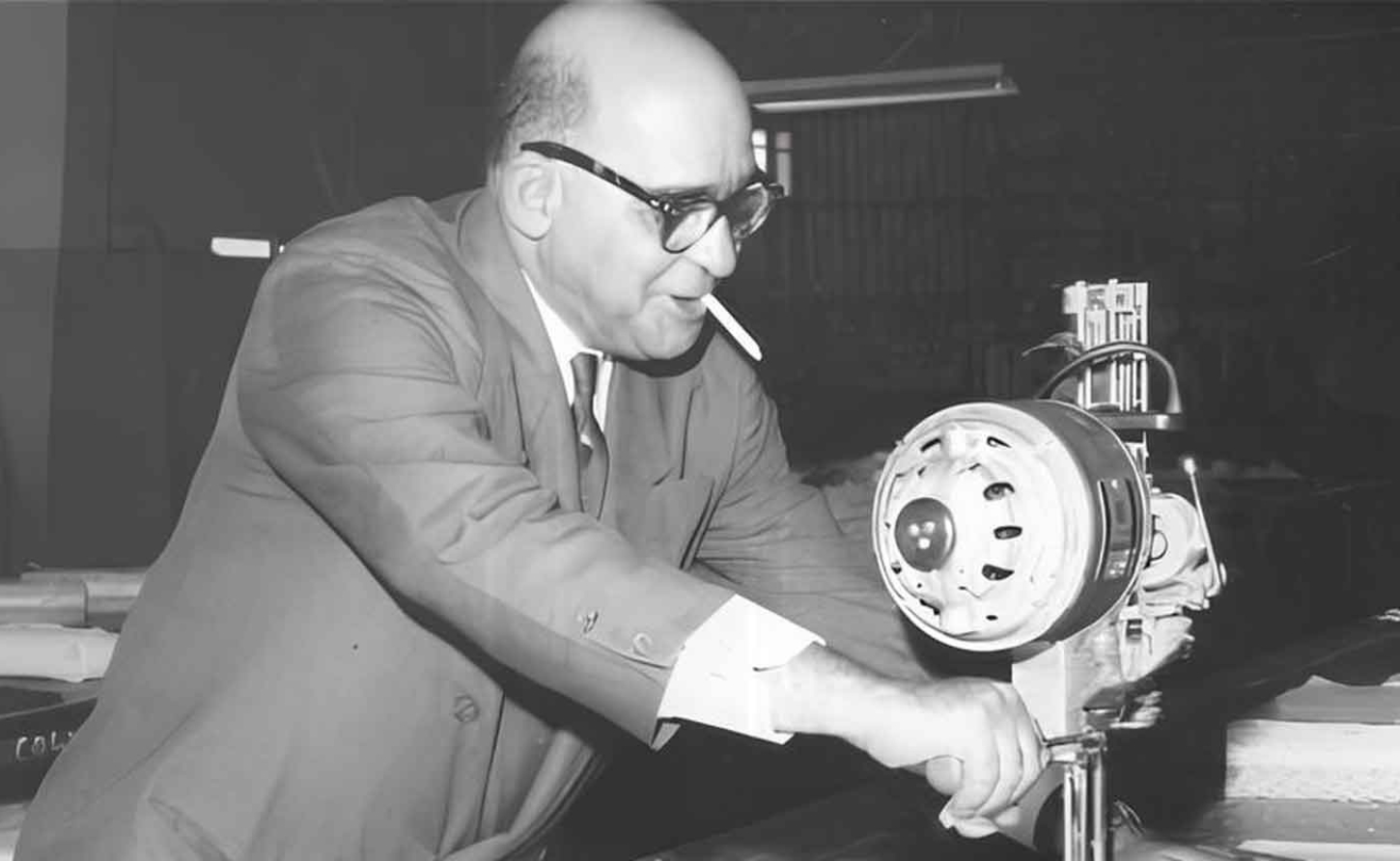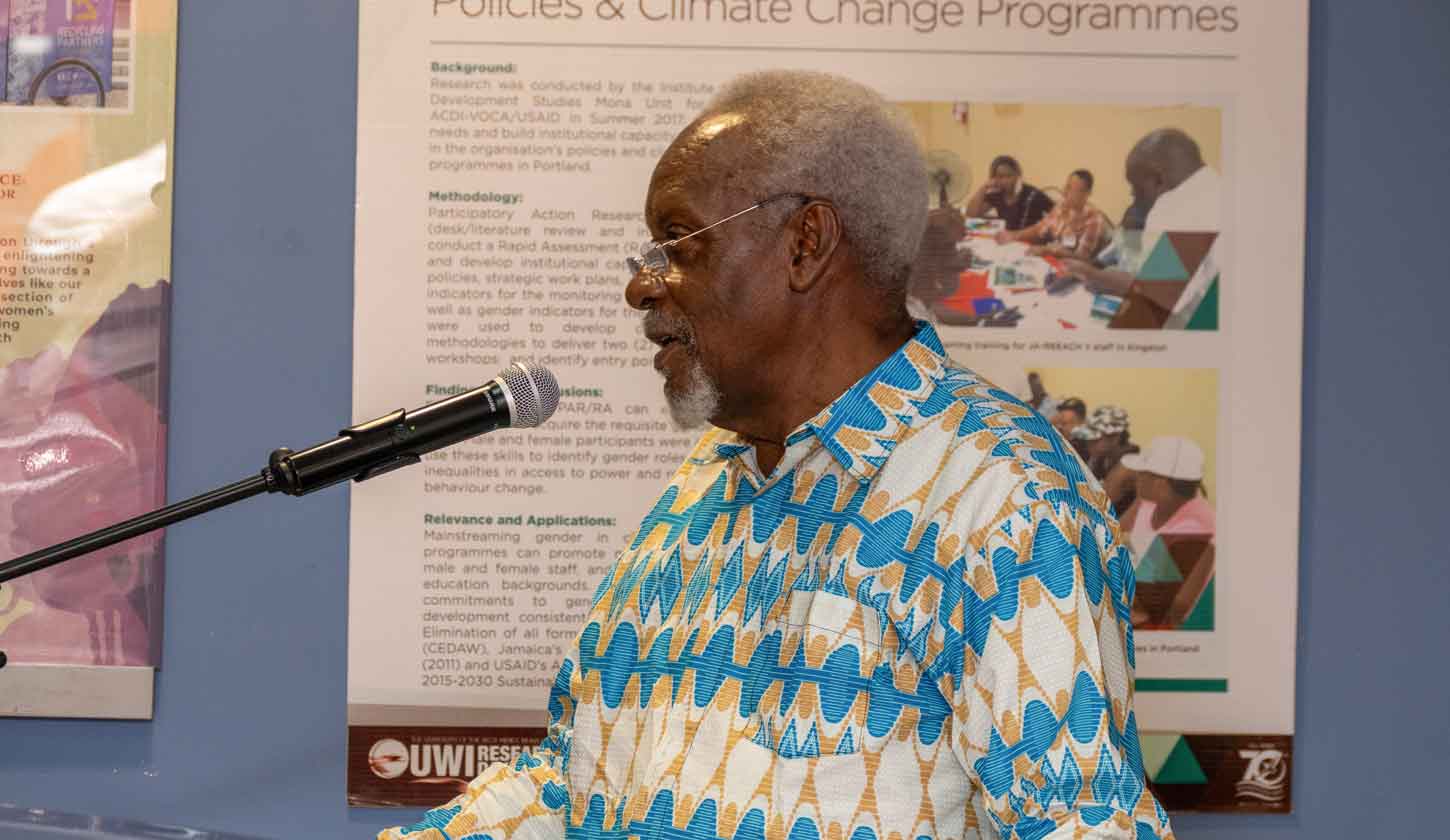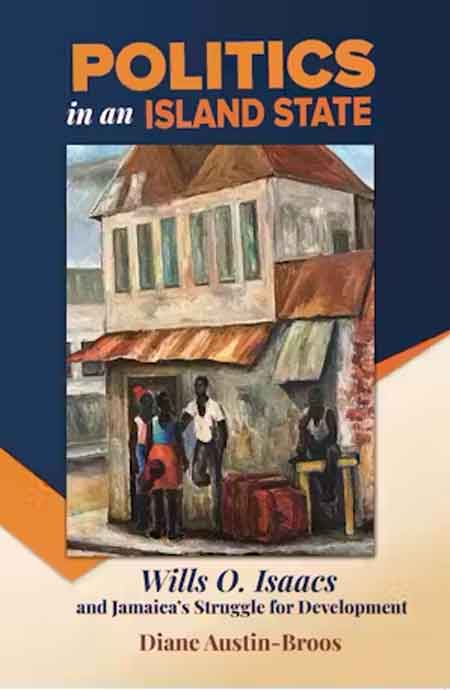JAMAICA | Wills O Isaacs, a titan of Jamaican politics

KINGSTON, Jamaica, October 18, 2024 - In a powerful tribute that resonates with the echoes of Jamaica's journey to nationhood, former Prime Minister P.J. Patterson has illuminated the legacy of Wills O. Isaacs, a titan of Jamaican politics whose influence shaped the very foundations of the island's economy and social fabric.
Speaking at the University of the West Indies for the launch of his biography by Professor Dianne Austin-Broos: "Politics in an Island State: Wills O. Isaacs Jamaica's Struggle for Development," Patterson wove a narrative that not only honored Isaacs but also underscored the profound impact of their shared Hanoverian roots on Jamaica's political landscape.
With the gravitas of a statesman reflecting on a pivotal era, Patterson declared, "Wills O Isaacs is the ministerial grandfather of Jamaica's tourism industry." This accolade, far from mere sentiment, underscores Isaacs' prescience in recognizing the latent power of Jamaica's "natural assets" to fuel economic growth.
Patterson further emphasized, "It is incontrovertible, Wills Ogilvy Isaacs is the Trailblazer for Pioneer Industries which sought to provide for the demands of the domestic market and initiated the drive to build export manufacturing."

Appointed Minister of Trade and Industry by Norman Manley, Isaacs embodied what Patterson termed "first and foremost an economic nationalist." His mandate was clear and ambitious: "To control the economy in order to be the masters of our own country."
This philosophy manifested in Isaacs' push for "merchant capitalists to take the harder road by moving to invest in Jamaica to reduce unemployment instead of confinement to the distribution of imported goods."
Patterson's oratory painted Isaacs as more than a political figure—he was a man of the people, blessed with the "gift of gab for the common folk." So powerful was his connection to the masses that he earned the moniker "the Bishop," a testament to the near-religious fervor his speeches could inspire.
Even those who regarded Isaacs as a "stormy petrel" acknowledged his unparalleled ability to "articulate the feelings, hopes and aspirations of the common people and to do so in the idiom of the people."
In a country still grappling with the legacy of colonialism, Isaacs emerged as a fierce advocate for self-governance and social equity. Patterson recounted Isaacs' tireless efforts in the fight for universal adult suffrage and his commitment to eradicating what he termed the "Reprehensible Government."
The former prime minister noted that "Soon after the launch of the Party at the Ward Theatre, Wills O. Isaacs became so attracted to its mission and so immersed in the movement to raise the standard of living and security for the masses of the people, that he devoted most of his time as an inveterate champion in the fight for universal adult suffrage."
 Perhaps most striking in Patterson's Tribute was his portrayal of Isaacs as a man ahead of his time in matters of foreign policy.
Perhaps most striking in Patterson's Tribute was his portrayal of Isaacs as a man ahead of his time in matters of foreign policy.
With what Patterson described as "an audacious swagger," Isaacs dared to challenge the established order, most notably in his decision to ban imports of South African goods in protest of apartheid.
"It ignited the spark which other countries were quick to follow and fuelled Jamaica's solidarity with Pan-Africanism," Patterson remarked, highlighting Isaacs' role in positioning Jamaica on the global stage.
As the evening drew to a close, Patterson's words left no doubt about Isaacs' place in the pantheon of Jamaican leaders.
He expressed gratitude to the biography's author, Professor Dianne Austin-Broos, for crafting a work that stands shoulder to shoulder with the chronicles of Jamaica's most revered statesmen, including the Right Excellent Norman Washington Manley and Bustamante himself.
In chronicling the life of this "fearless freedom fighter," Patterson not only paid homage to a political mentor but also offered a masterclass in the art of nation-building.
From his pivotal role in developing Jamaica's tourism and manufacturing sectors to his unwavering commitment to social justice and economic sovereignty, Wills O. Isaacs emerges as a visionary whose legacy continues to shape the Jamaica of today.
As the story of Isaacs unfolds—from a son of Hanover to a national icon—it becomes clear that his contributions transcend individual achievements.
They speak to a shared heritage of public service and national development, a testament to the enduring impact of leaders who dared to dream of a Jamaica unshackled from colonial constraints and standing proud on the world stage.
In Isaacs' story, we find not just the biography of a man, but the biography of a nation coming into its own.
-30-
